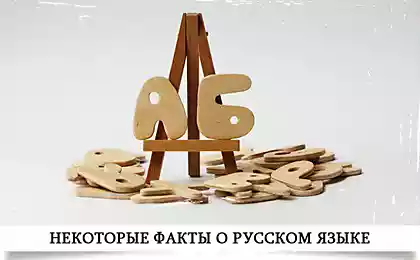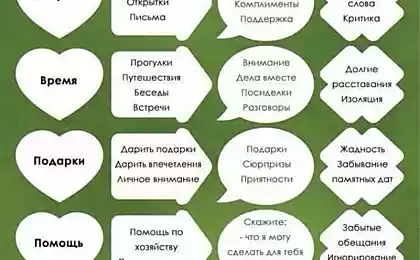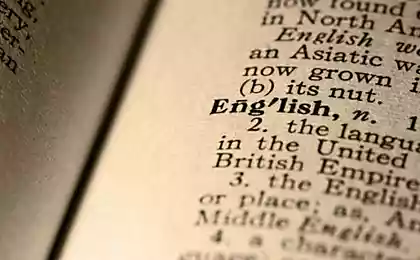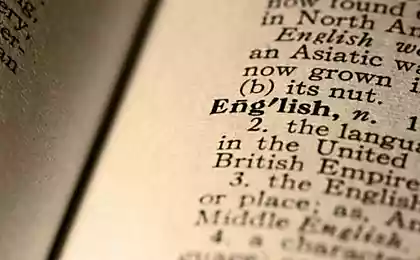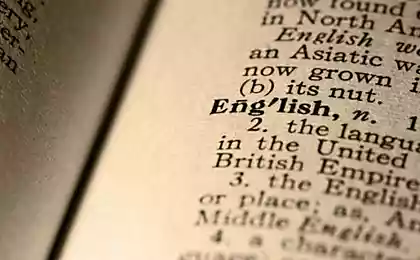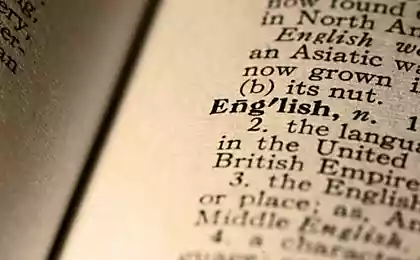141
"Drushlag" and other words that are not in Russian
There are words in the Russian language that have an evil lot to be distorted more often than others. Probably, among your friends there are also those who stubbornly replace them with fake words that sound more familiar. So, what is the right thing to do: “drum” or “drum”? Are there any words like “go” and “comfort”? The answers are in our article.
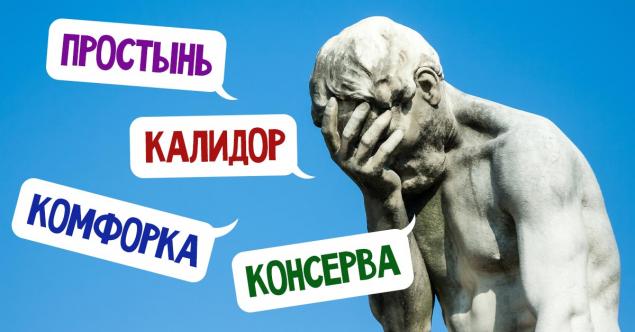
Durschlag or drushlag?
We hope that this article will help you remember and use less words that do not really exist. Right speech is the foundation on which success is said to be built. And if there are doubts about writing any words, an old trusted friend - Rosenthal's reference book - will always help!
The article and the preview used photos.

Durschlag or drushlag?
- Go, go.
We constantly hear: go, drive and even, God forbid, terribly cutting ears. But which of these options would be right? Nothing! 175741
From the verb “to go” you can form an imperative inclination only in two forms: go and go, but the latter, as Kuznetsov points out in his “Explanatory Dictionary”, is considered colloquial.
Remember this will help children's rhyme: "Do you want to go?" Drive! But don't go or go. Come and come! Don't use it! - Canned food is canned.
It just so happens that canned foods do not have a singular number. It's a multiplicity. And even if you put only one cucumber in a jar, it will still be combined with spices, oil, vinegar and so on.
- The sheet is the sheet.
In the plural of the sheet, and in the singular? I read the ad: “We can buy stretch sheets and regular bed sheets.” The literary norm, meanwhile, is "waste." And once again you can see this, remembering the imperishable classic of Korney Chukovsky: “The blanket ran away, the sheet flew away, and the pillow, like a frog, ran away from me.” But in combination with numerals, it is the opposite. Two sheets and five sheets will be correct, but for some reason five sheets are more often said. - Durschlag - drushlag
The name of the kitchen appliance comes from the German "durchschlagen" (to punch through). And if you have always said "drushlag", then we have bad news for you: there is no such word in Russian. 9117046
But the reason we say that is understandable. Three or more consonants (rschl – rchschl) in a row for a German may be the norm, and the Russian ear is difficult to digest. Hence the attempt to distribute consonants by word more evenly. - Konforka is a comfort
The word for burner is also of foreign origin. It comes from the Latin conform (fitting). And we automatically associate it with the familiar word "comfort". - Firefighter - firefighter
“Firefighter” is a neutral option, fixed in dictionaries. The word “firefighter” in the dictionary of D. N. Ushakov has the meaning “member of voluntary fire brigades”.
- Scrupulous - scrupulous
The word "scrupulous" does not exist. And the word "scrupulous" is borrowed from the French language (scrupuleu). His writing should be remembered. - Mosaic is a mosaic.
Another borrowing that is constantly difficult. The word comes from the Italian mosaico and means the technique of creating images from pieces that differ in color and texture. In all cases, it should be written without the letter “y” in the middle. Even if it sounds different.
phere - Stool - tubaret
In Russian, the word "stool" came from German (taburett). And for the involuntary rearrangement of syllables in foreign words, it turns out, there is a scientific term - metathesis. This is a mutual rearrangement of sounds or syllables in words on the basis of their assimilation. Take, for example, the word plate. Initially, the syllables in it were arranged differently (Polish talerz, Swedish tallrik), but then they were changed to make it easier to pronounce. - Theirs.
The word “their” and its permanent companions “Evonian” and “Ein” are vernacular, which is fixed in dictionaries. But with the word "their" the situation is more interesting than others. The fact is that the form, which today is completely denied the rights of literary citizenship, is often found in Bulgakov, Chekhov, Dostoevsky and Tolstoy.
GettyImages
We read from Dostoevsky: “It’s cheaper.” theirs passage. Tolstoy: Well, is it the king himself? ichny? And Gaidar: And the bourgeois, of course, are happy with the whites, and everywhere theirs The lights are on and the music is playing.”
Back in the 19th century, the Russian linguist Buslaev wrote: “The possessive pronoun of theirs, so used in colloquial speech and so necessary, is still quite tightly included in the book language.” Well, perhaps over time, "their" will still enter the book language, but so far linguists consider it commonplace and recommend replacing it with "them."
We hope that this article will help you remember and use less words that do not really exist. Right speech is the foundation on which success is said to be built. And if there are doubts about writing any words, an old trusted friend - Rosenthal's reference book - will always help!
The article and the preview used photos.
The story of the boy who saved the daughter of a rich man from bullies
Do you need to provide mother-in-law that in September retires?












